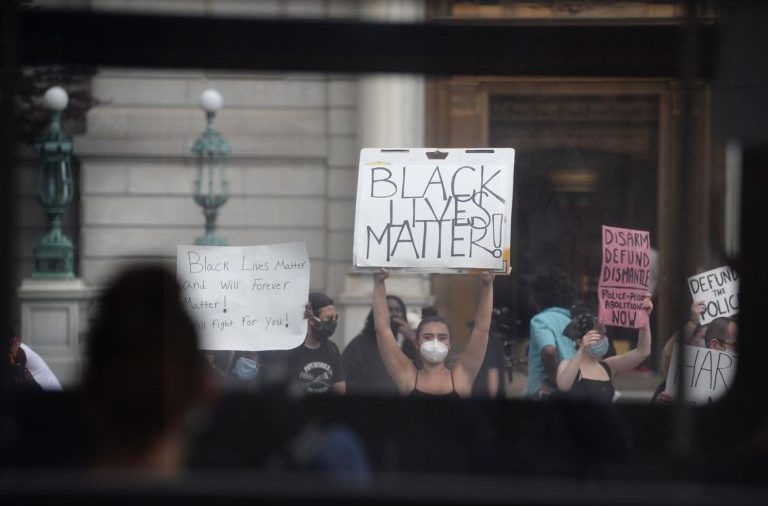
We are in the midst of a historic opportunity to begin the process of eradicating the systemic, institutionalized racism and injustice that has afflicted Black people and other marginalized communities.
Black Lives Matter protests swept Connecticut and the conversations they ignited are encouraging. There are hopeful signs that substantive changes are possible that will address police brutality and accountability, and more systemic changes for communities of color such as access to economic opportunity, education, health equity and affordable housing. Equally important is tackling the crisis of gun violence, especially as it impacts Black and brown communities.
While Connecticut has the sixth lowest rate of gun deaths in the nation, gun violence in our communities of color is far too prevalent and disproportionately takes the lives of African Americans. Approximately 56 percent of the state’s gun homicide victims are Black, five times the proportion who live here. Young Black men are profoundly vulnerable, killed by guns at 39 times the rate of young white men.
The conclusion is inescapable: community gun violence must be a priority if we are to address racial injustice in Connecticut. Law enforcement-focused approaches are not enough to stop the violence. Solutions must go beyond policing.
There are a range of community-based violence prevention and intervention programs that have proven track records of success. The three main strategies are all being used formally and informally in Connecticut’s urban centers: hospital-based violence intervention, on-the-ground violence interrupters and focused deterrence. What the strategies have in common is a philosophy centered on intervention to disrupt conflict and cycles of retaliation by engaging with the small proportion of individuals in urban centers, mostly young men, who are either the perpetrators or victims of gun violence.
CT Against Gun Violence and a broad coalition of organizations are calling on the state to launch the Connecticut Initiative to Prevent Community Gun Violence. The initiative, whether designed as a commission, program office or grant-making program, would be tasked with identifying, funding, implementing and overseeing evidence-based, community-centric, programs and strategies to reduce gun violence, especially where it impacts communities of color.
The key challenge is the perennial struggle these programs across the U.S. have in attracting and maintaining funding, despite evidence of their success at saving lives. A standing grant-making program, with dedicated staffing, is needed to address community gun violence, and is long overdue. The initiative would be tasked with identifying evidence-based programs, ensuring they receive stable funding and monitoring their results to ensure accountability. It should have participation from community leaders, executive branch agencies, state and local elected officials, urban and public health experts, law enforcement and gun violence prevention advocates—representing the constituencies that have a stake in reducing community gun violence.
Legislative precedent exists around the nation for establishing and funding standing programs to address the needs of populations that required focused violence intervention strategies. Connecticut has long been a leader for gun violence prevention. It needs to show leadership now, more than ever, to reduce gun violence that victimizes and destroys the lives of Black and brown people and the communities in which they live. There are life-saving solutions to be found in violence intervention and prevention programs operating at the local level. The state should invest in the organizational infrastructure to find, fund and follow these programs.
Two bills have been introduced in the 2021 legislative session that would make the CT Initiative a reality, HB-6043 and HB-6044, the later introduced by Rep. Caroline Simmons who represents parts of Stamford. Greenwich voters can demonstrate their support for greater funding for community gun violence prevention programs by asking their state legislators to co-sponsor the bills, which can be done by using this CT Against Gun Violence action form.
Got Something to Say?